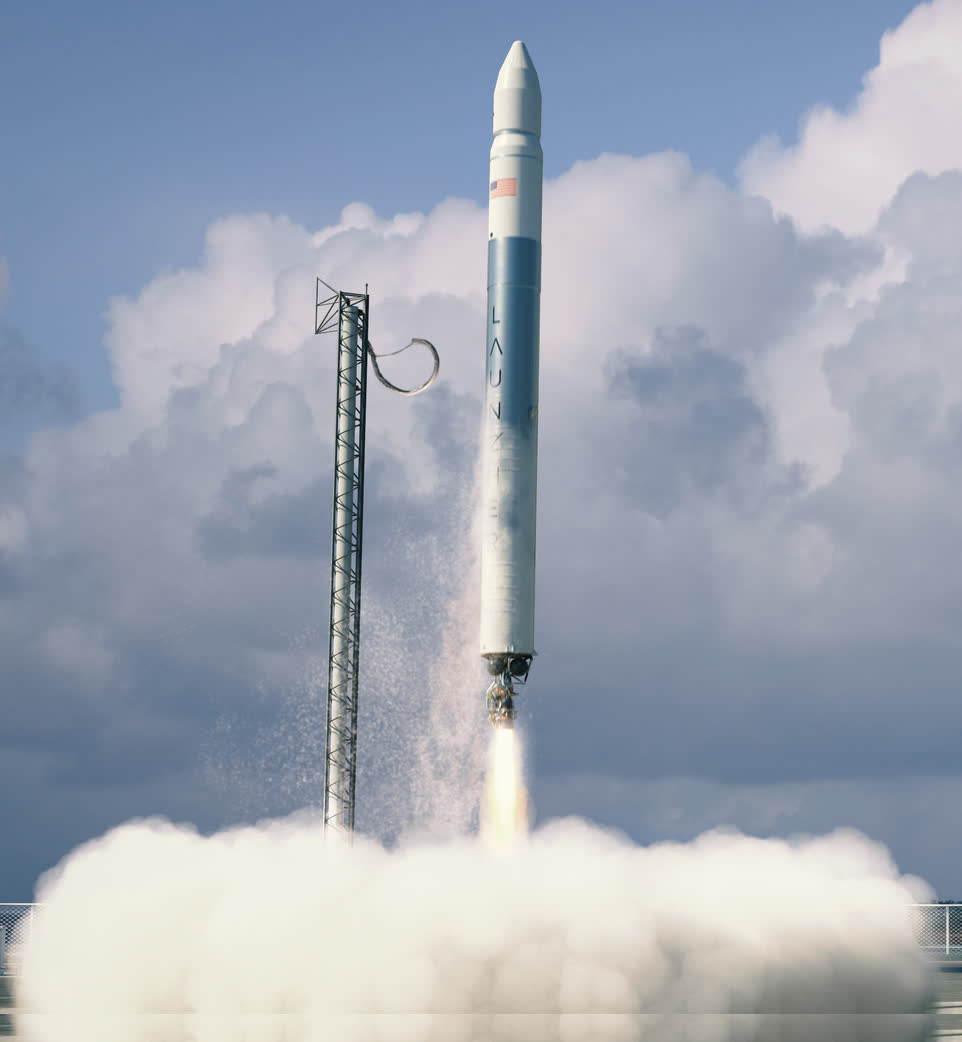Rocket science: If someone came to you a decade ago and said they were going to build a rocket engine with a team of under 10 full employees, you probably would've thought they were crazy. However, over the past three years, that's precisely what entrepreneur Max Haot has set out to achieve with his rocket startup Launcher.

Made up of just eight full employees (in addition to a small group of 10 designers based out of Ukraine), Launcher got its start in 2017, with the eventual goal of creating a rocket that could "loft about 1 ton to low-Earth orbit."
That would be a notable achievement for any startup, but Haot is determined to reach that goal while keeping his team small, lean, and most importantly, affordable, according to Ars Technica. By keeping things manageable, Haot's company hopes to operate longer without falling into bankruptcy or running into exponentially-increasing costs.
The first step for Launcher in the full rocket creation process, Ars reports, is the development of an engine: one that can manage 22,000 pounds of thrust while using liquid oxygen for regenerative cooling. Apparently, Haot and his colleagues aimed to create such an engine within just four years of starting Launcher.

So far, Haot and co. say they remain on track to meet that goal: Engine-2, a "high-performing liquid engine for small launch rockets," is still in the works, with an official test scheduled for March 2021. That gives the startup about four months to get Engine-2 ready and squash any remaining issues they might run into.
Of course, even if the test doesn't go well, that's no big deal. Failure is common in this industry, and Haot's company has adopted the "slow and steady wins the race" mindset.
With a ten-year plan in full swing (and seven years remaining), Launcher has plenty of time to develop its own engines and, eventually, full rockets. To turn a profit, Launcher will sell its engine technology to "interested companies," though it's too early to say how much it will charge for the privilege.
Until Launcher's first rocket takes off, we will be keeping an eye on the small team's impressive progress to see whether or not it is possible to develop space-age tech on a small scale.
https://www.techspot.com/news/87532-launcher-rocket-startup-eight-full-employees.html